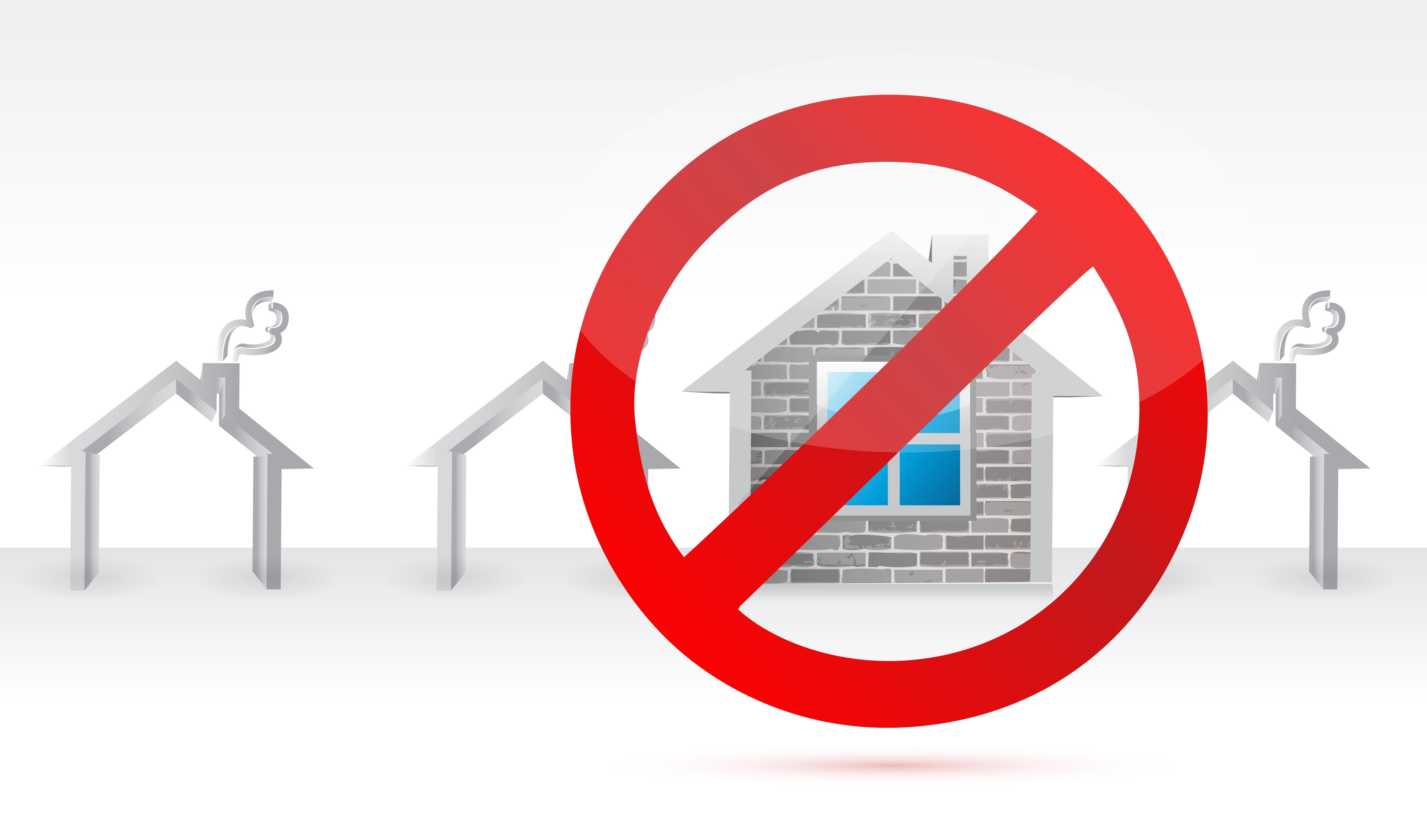5 Tips to Reduce Your Monthly Mortgage Payment
 Buying a home isn’t cheap – and even though mortgage rates are low, your own financial circumstances may mean that your monthly payment is more than you can afford. Whether you’re a new buyer looking to save money or a cash-strapped owner who needs to free up extra income, there are several ways you can lower your monthly payments – here are just five of them.
Buying a home isn’t cheap – and even though mortgage rates are low, your own financial circumstances may mean that your monthly payment is more than you can afford. Whether you’re a new buyer looking to save money or a cash-strapped owner who needs to free up extra income, there are several ways you can lower your monthly payments – here are just five of them.
Make 13 Payments Every Year
If you have some extra money and you’re looking to pay down more of your principal amount, making 13 annual payments instead of the usual 12 is a great way to not only reduce what you owe, but also lower your monthly costs. Most lenders will allow you to make one additional lump sum payment per year on top of your regular monthly payments. Pro tip: Combine your tax refund and Christmas bonus into one big lump sum to pay down your mortgage.
Still Paying PMI? Ask Your Lender To Cancel It
Private mortgage insurance is a standard cost that you’re legally obligated to pay if your down payment was less than 20% of your home’s value. But once you’ve paid off that 20%, you’re no longer required to have PMI on a conventional mortgage. If you’ve built up 20% equity, talk to your lender about removing PMI from your mortgage agreement – it could save you thousands.
Recast Your Mortgage
If you’ve been diligently paying your mortgage for years but suddenly run into money problems, recasting your mortgage is a great way to make your monthly payments easier to manage. Recasting is fairly simple – it takes your remaining loan balance and stretches it across your original loan term. For example, if you’re 15 years into a 30-year mortgage that has half of its balance remaining, you can recast your mortgage to pay off the balance over another 30-year period.
Facing Financial Hardship? Get A HAMP Modification
If you encounter financial hardship, you can ask your lender if they offer a Home Affordable Modification Program (HAMP). HAMP is a government program designed to make housing more affordable for low-income citizens. It’s possible to save a significant amount of money with a HAMP modification.
Mortgages can be expensive – but with a professional mortgage advisor on your side, you’ll know how to handle or even reduce the costs. Contact a mortgage professional near you to learn more.

 If you’re planning to buy a new home in the near future, you’re probably working hard to prepare a budget and determine how much you can afford before you start viewing homes. While it’s good to have an idea of what you can pay for a new house, many buyers routinely miss several key home buying costs that can later cause a variety of problems. Before you start looking for your new home, make sure you add these three commonly forgotten costs to your budget.
If you’re planning to buy a new home in the near future, you’re probably working hard to prepare a budget and determine how much you can afford before you start viewing homes. While it’s good to have an idea of what you can pay for a new house, many buyers routinely miss several key home buying costs that can later cause a variety of problems. Before you start looking for your new home, make sure you add these three commonly forgotten costs to your budget. Buying your first home is exciting. Many young people view homeownership as the definitive mark of adulthood, the final milestone on a decades-long journey. And while becoming a homeowner is cause for celebration, you’ll want to ensure you keep your enthusiasm in check just a little while longer.
Buying your first home is exciting. Many young people view homeownership as the definitive mark of adulthood, the final milestone on a decades-long journey. And while becoming a homeowner is cause for celebration, you’ll want to ensure you keep your enthusiasm in check just a little while longer.